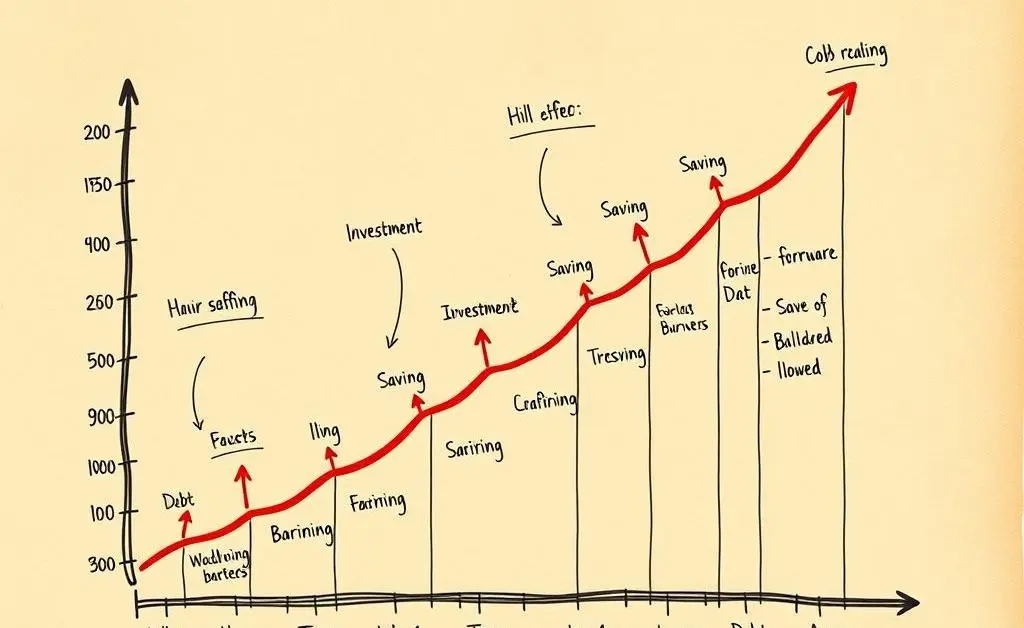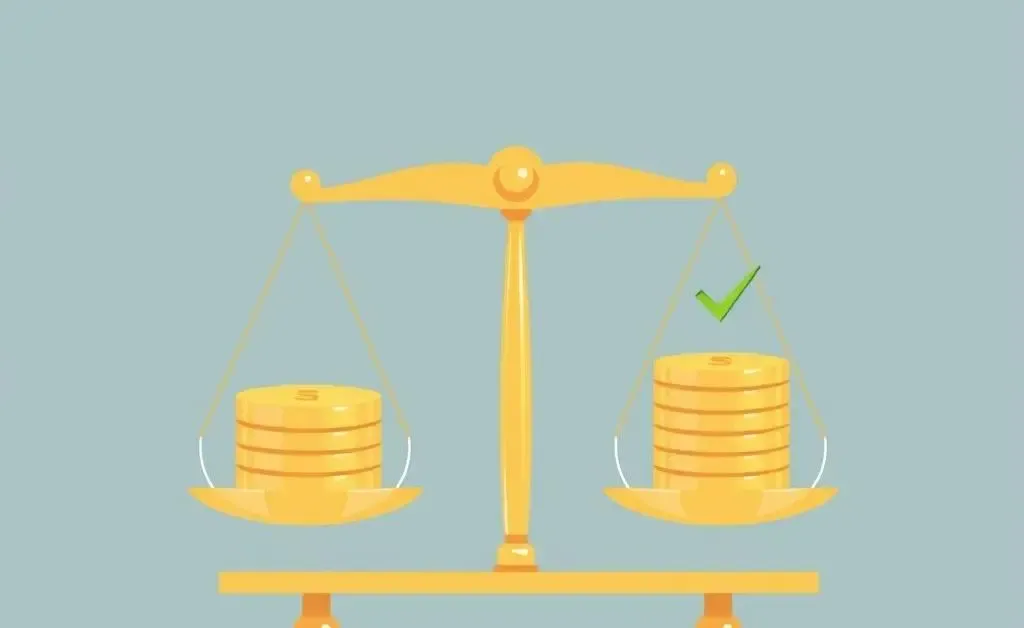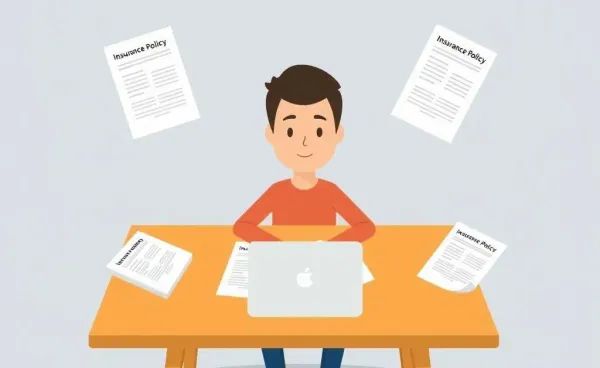Understanding Personal Finance with Ease: Navigating the Court Order Questions
Discover practical insights into managing unexpected financial queries seamlessly.

Have you ever found a letter in your mailbox that made your heart skip a beat? Maybe it was a notice you weren’t expecting, a statement from the court, or something that just seemed a little off. It’s perfectly natural to feel a wave of concern—after all, managing finances can feel like a mystery at times! But let’s take this moment as a chance to decode and understand what these situations really mean.
First things first: when an unexpected financial notice arrives, like a court order, it’s important to not panic—easier said than done, right? By staying calm and gathering all the information, you set yourself up for a better outcome. Here’s a mutually supportive guide to navigating such instances with clarity and confidence.
What is a Court Order in Personal Finance?
Being aware of what a court order entails can help demystify the situation. In personal finance, a court order might relate to a financial dispute, a debt obligation, or a similar concern that has reached a legal stage. It essentially means that the court is legally directing a party to carry out—or refrain from—a specific action.

Taking Your First Steps
Upon receiving such a notice, here’s what I’ve found helpful:
- Read through the entire document carefully and highlight any parts you don’t fully understand.
- Make note of crucial deadlines or dates. Knowing when you need to respond will help you plan accordingly.
Now, it’s not unusual to have questions, and there’s no need to navigate these waters alone. Reaching out to a Citizens Advice Bureau could provide free, reliable guidance.
Clarifying Your Financial Situation
An unexpected notice can serve as a reminder to review personal finances and debt management strategies. Crafting a budget that reflects your current situation diversifies your financial security net and boosts your confidence in handling unforeseen situations. Consider setting a dedicated time, maybe with a soothing cup of tea, to reevaluate your savings, spending, and income channels.

Dealing with the Emotional Impact
No one likes to feel overwhelmed or stressed, especially over financial matters. However, it helps to remind oneself that uncovering what seems like a murky situation can foster personal growth. Overcoming financial obstacles not only strengthens your problem-solving abilities but also bolsters future security.
Building Financial Confidence
What emerges from dealing with a court order or any financial hurdle is an opportunity to build greater confidence. It’s not just about resolving the immediate issue but about equipping yourself with knowledge and skills that transform challenges into learning experiences.

In wrapping up, remember that you’ve got this. Facing a court order or any financial surprise is an exercise in resilience and personal development. Use each step, each choice, as a building block to a more assured financial future.
And when in doubt, talk it through with friends, family, or financial advisors who can offer encouragement and practical advice. After all, sometimes a gentle word and an understanding ear can make all the difference.




